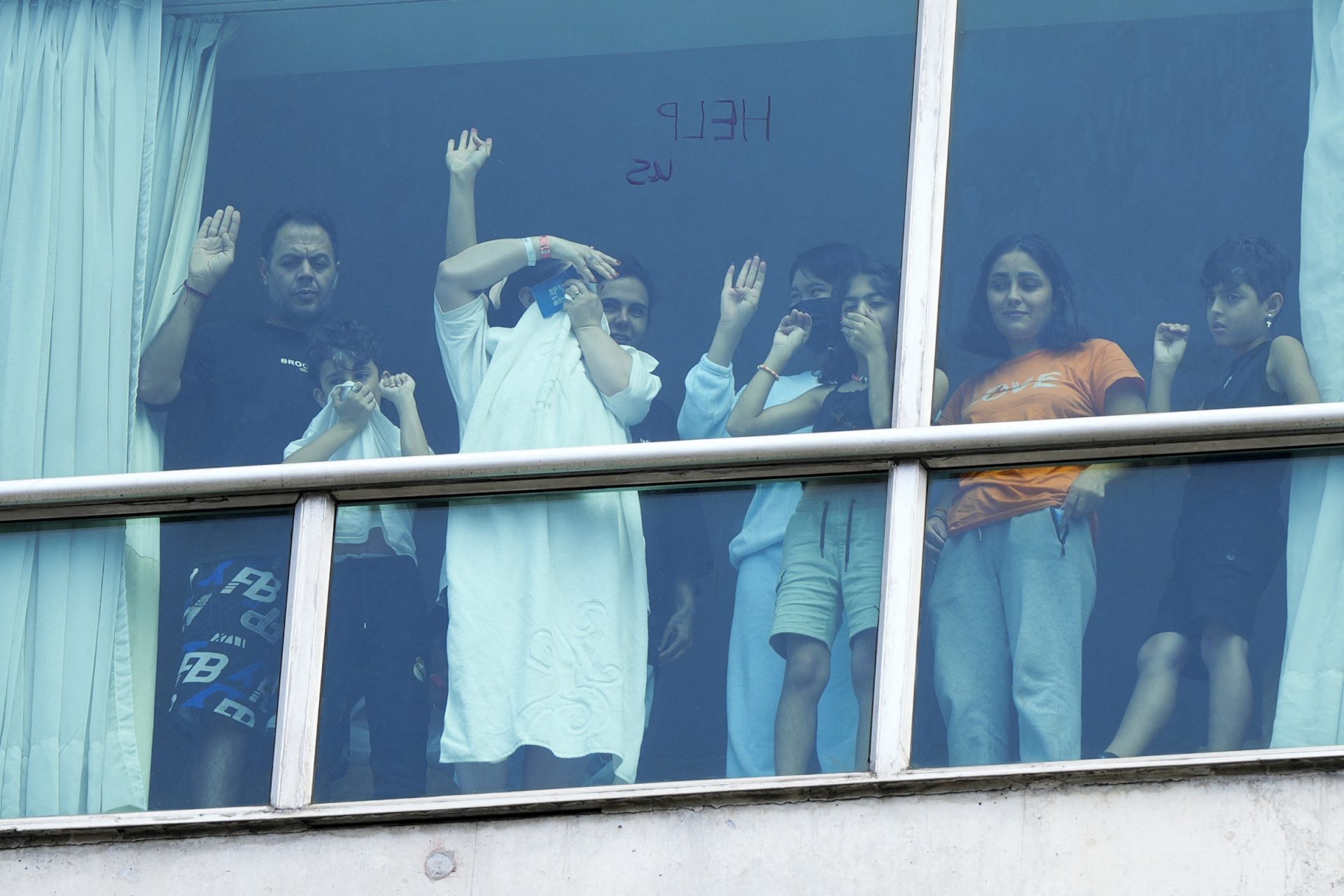The story of a clock built to last for 10,000 years
On a mountain in Texas (USA), a project that unites science, technology and engineering is in full development. The creators are trying to build something extremely challenging: a clock capable of lasting ten thousand years. Is this even possible?
The ambition of the world's millionaires seems to have no limits. Jeff Bezos, owner of Amazon and the space company Blue Origin, is the big investor in the mega structure.
Construction of the clock advanced in 2018, with the underground excavation completed. The first huge timing components were mounted underground, including the main gear.
The idea to build this clock came from computer scientist Danny Hillis, who launched the proposal in 1995, first published in Wired magazine, under the name 'The Millennium Clock'.
The scientist is the co-founder of Applied Minds, visiting professor at the MIT Media Lab, professor of engineering and medicine at the University of Southern California (USC), professor and researcher at the Keck School of Medicine and the Viterbi School of Engineering.
Hillis Created the Long Now foundation to publicize and inform the news about its creation. "We built the clock to imagine new ways to survive without getting lost," Hillis said on the project page longnow.org.
The Long Now Foundation is a non-profit organization founded in 1996 to foster long-term thinking.
Photo: Unsplash/drew beamer
Today, with a $42 million donation from Bezos, the clock is under construction and is called 'The Clock of The Long Now'.
The construction is located inside a mountain, in the state of Texas, in the USA, close to the border with Mexico, and will be 150 meters high.
Photo: Unsplash/joshua case
The watch is entirely mechanical, made from long-lasting materials including titanium, ceramic, quartz, sapphire and stainless steel.
Photo: Unsplash/djim loic
Also, to last that long, it will be solar powered, with some coils that can eventually be moved by future visitors to the monument.
Sunlight, which shines on the top of the mountain where the clock is, will also serve to keep it precisely synchronized with the sun, as the Earth's axis tilts over the centuries.
The project's website explains: "Almost any kind of artifact can last 10 millennia if stored and cared for properly. We have examples of 5,000-year-old wood staves, papyrus, and leather sandals. On the other hand, modern metal can corrode in a few years of salt and rain."
Photo: Monika / Pixabay
The website continues, "For longevity, the environment is often more important than material. The mountain top in Texas is a high dry desert, and in The Clock shaft below, the temperature is a stable 55 degrees Fahrenheit regardless of time or season. This avoids freeze and thaw cycles, which can be as corrosive as water. It’s an ideal world for a ceaseless Clock."
To visit will require a lot of effort. First, you need to take a long hike to the base of the mountain. Once there, the visitor must climb a spiral staircase to the top, where the journey into the clock begins, with all its gears working.
Photo: Unsplash/harli marten
This great engineering feat is scheduled to sound once a year. Its hands will complete a full turn every 100 years and a cuckoo will come out of its interior every millennium. All this indicates a slow and lasting passage of time.
Photo: @marlieswirth, Watch replica
But after all, why would anyone build a clock inside a mountain with the hope that it would last 10,000 years?
Photo: Unsplash/andrey grinkevich
The main purpose of the project is precisely to make people think and reflect on the future. When we ask ourselves why such a long-lived plan, we are immediately induced to conjecture about the conditions of the next generations, in the next millennia.
Photo: Unsplash/kenny eliason
In 2011, Kevin Kelly wrote an essay on the millennial clock, in which he reflects on time: "Like a heart that beats while we sleep, the clock on the mountain counts the passage of time, even when we pretend that the past did not exist or that the future will not come".
Photo: Unsplash/nitish meena
"I cannot imagine what the future will be like, but I worry about it. I know that I am part of a story that begins long before me and continues long after my short existence. But I live in a moment of change, and I feel the responsibility of make sure this change goes well. I plant my seeds knowing I'll never live to reap the rewards," Hillis said of 'The Clock of The Long Now'.
Photo: Geralt / Pixabay
The construction of the clock does not have a definite completion date, but all the news is on the website www.longnow.org.
Photo: Unsplash/keegan houser
In addition to science, the Long Now Foundation involves art in its projects. The installation 'This Present Moment' (pictured), by interdisciplinary artist Alicia Eggert, opened in November 2022, was made in partnership with the Fort Mason Center for Arts & Culture. Centered on Eggert's neon sculpture, the exhibition offers a space for reflection, where the passage of time is its central focus.
Photo: @junaid.991
More for you
Top Stories



































